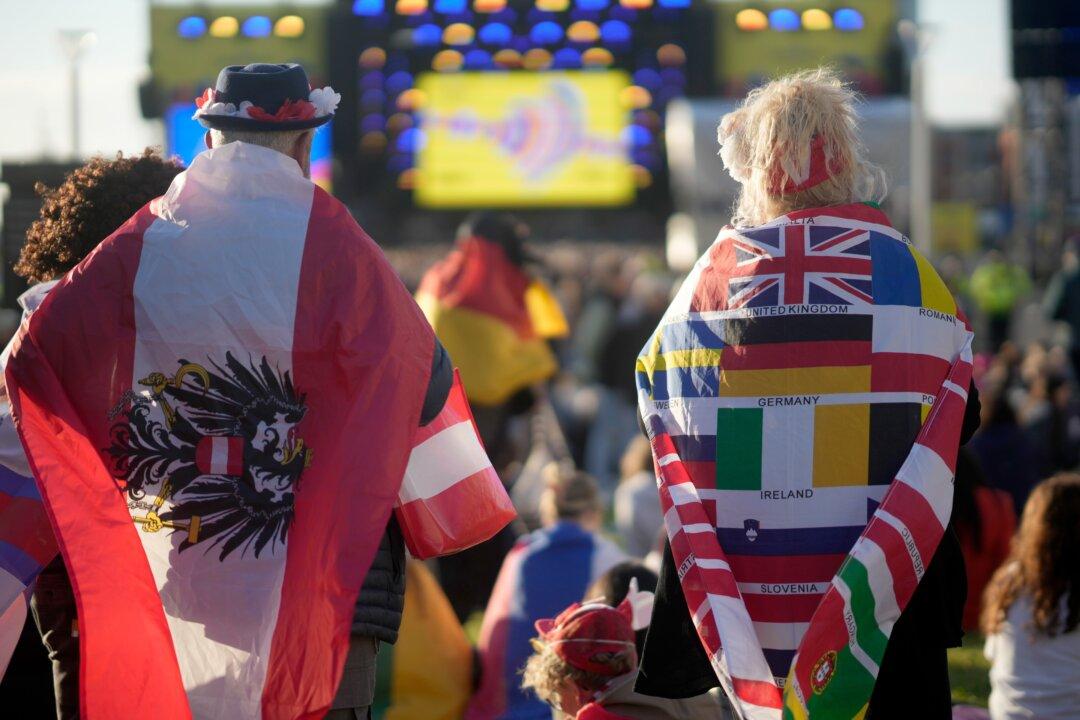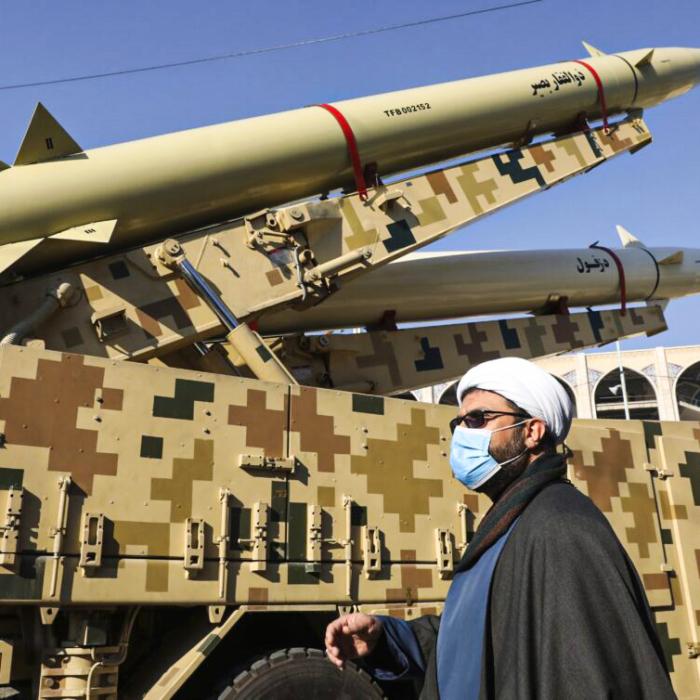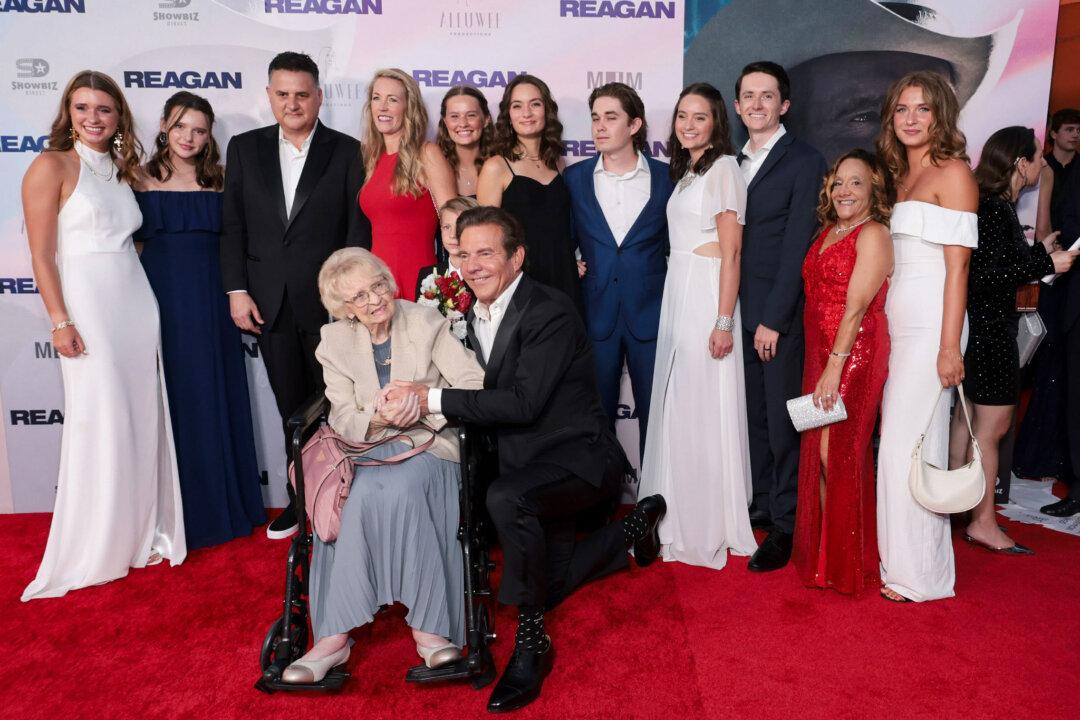Law enforcement officials in Sweden announced Wednesday that security measures for the forthcoming Eurovision Song Contest in the city of Malmo will be stringent, citing concerns over potential demonstrations escalating into unrest and a heightened terrorism threat in the region.
According to Swedish broadcaster TV4, Petra Stenkula, head of the police area in Malmo, stressed the comprehensive nature of the security arrangements.
Addressing preventative concerns, Ms. Stenkula emphasized the need for reinforcements from across Sweden, as well as assistance from neighboring Norway and Denmark, during a press conference. However, detailed information on these reinforcements was not provided.
Ms. Stenkula emphasized the challenge posed by the country’s elevated terror threat level, stating that it’s not feasible to redeploy all police officers from across Sweden during the song contest
Sweden’s decision to elevate its terror threat level to “high” last year, the first such move since 2016, was influenced by a deteriorating security landscape following incidents such as recent Quran burnings that sparked protests across the Muslim world. However, it’s pertinent to note that there is no specific law in Sweden prohibiting the burning or desecration of religious texts, aligning with the absence of blasphemy laws in many Western nations.
Free Expression
Adding fuel to the already tense situation, police on Wednesday revealed an application for a demonstration involving the burning of a Quran. This planned protest comes amid rising tensions in the Middle East and follows calls from some activists and musicians to exclude Israel from the contest due to the ongoing war with Hamas in Gaza. The war itself was sparked by a Hamas attack on Israel on Oct. 7.On April 9, Jean Philip De Tender, deputy director general of the European Broadcasting Union, acknowledged the strong sentiments surrounding this year’s Eurovision Song Contest. However, he stood firm in his support of free expression.
“We strongly support freedom of speech and the right to express opinions in a democratic society, we firmly oppose any form of online abuse, hate speech, or harassment directed at our artists or any individuals associated with the contest,” said. “This is unacceptable and totally unfair, given the artists have no role in this decision.”
Initially established in 1956 to promote unity post-World War II, Eurovision has evolved into a global celebration of pop music, boasting an audience of millions worldwide. Its participant count has expanded from seven countries to nearly 40, including non-European nations such as Israel and Australia.
Despite attempts to maintain a nonpolitical atmosphere, politics occasionally seep into the contest, as evidenced by Russia’s exclusion from the competition following its 2022 invasion of Ukraine.
Sweden won last year’s contest in Liverpool, England, with Loreen’s emotive power ballad “Tattoo.” Traditionally, the host country is the previous year’s winner.
The highly anticipated live televised final is scheduled for May 11, with semifinals taking place on May 7 and May 9.
Malmo, Sweden’s third-largest city, previously hosted Eurovision in 1992 and 2013.
The Epoch Times reached out to Malmo Police for a statement.







